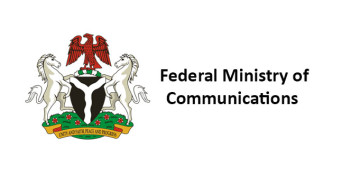A telecom expert and former chairman of the Nigerian Communications Commission, Dr Ernest Ndukwe has called on the Ministry of Communications to review and update the National Broadband Plan 2013 – 2018 for digital literacy initiatives and public access targeted at populations that are unconnected, especially women and girls in urban-poor/rural settlements. Dr Ndukwe made this call at a Workshop organised by World Wide Web Foundation and Paradigm Initiative on Closing the Digital Gender Gap and Mainstreaming ICTs into Women’s Rights Policy and Program Frameworks in Nigeria and held in Abuja on October 17.
Dr Ndukwe, who is the current national coordinator of A4AI Coalition Nigeria, recommended the constitution of an apolitical committee that would be saddled with the responsibilities of updating the National Broadband Plan with activities that would pave way for connecting the urban poor and those in the rural settlements. The emphasis on such committee being apolitical is to avoid the truncation that usually occurs with the transition in governments, especially from one political party to another.
Dr Ndukwe’s position echoes the recommendation contained in a policy brief on the inadequacy of the National Broadband Plan prepared and published by Paradigm Initiative
He also spoke on the need to replicate efforts of the broadband plan to deliver fast, reliable and affordable internet access by federating units of Nigeria, adding that the States and Local Government must commit to take similar measures alongside the Federal Government for meaningful results.
Also speaking at the workshop, the Senior Special Assistant to the President on ICTs Lanre Osibona spoke on the role of ICTs in education, health, financial inclusion and safety for women when speaking out on sensitive issues that affect their welfare. He emphasized that perhaps the biggest of the barriers many women and girls face is illiteracy, and that inability to access or use technology further entrenches the limitation.
Mr Osibona also spoke on the role of government stakeholders in working together to ensure the right mix of regulatory initiatives and intervention not only needed to encourage greater competition among market players but also to encourage deeper penetration and use of ICT services, without stifling innovation and sending the wrong message to investors.
The Paradigm Initiative team led by its director of programs, Mrs Tope Ogundipe made presentations on various topics of interest to the participants of the workshop who cut across various government offices and civil society. Among the topics explored at the workshop are “Gender Responsive ICT Policy: An Overview”, “Digital Gender Gap Audit: Nigeria Scorecards”, and “Digital Equality in the Context of Sustainable Development Goals”.
